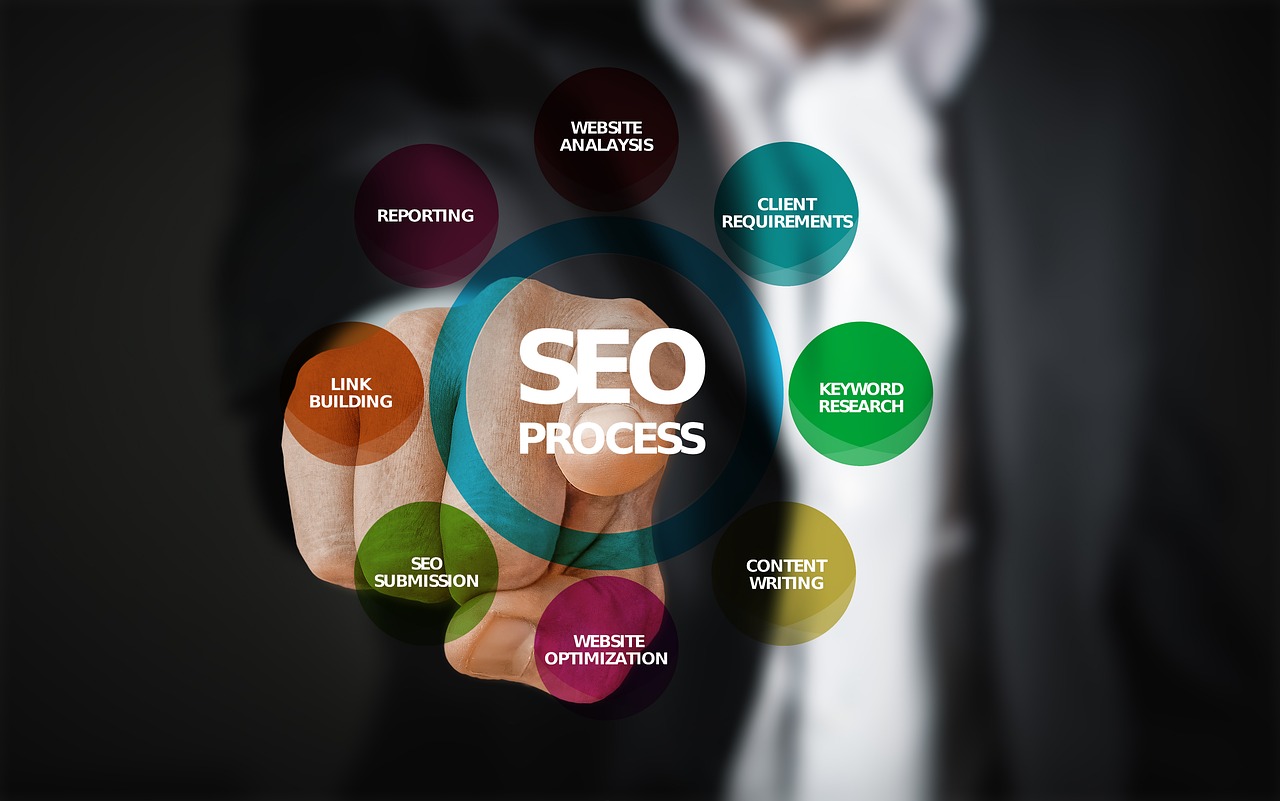It might be simple to create an online shop and start selling products. With the abundance of ecommerce-oriented WordPress themes, the creation of an e-shop is more than easy. The popular WooCommerce plugin does all the rest to set up the details needed for a website to become an online store.
In just a few hours, the shop is ready, waiting for visitors to come and see, and buy.
But to attract visitors, the website needs promotion. And promotion must include SEO.
Here comes the obstacle: how to implement SEO for an e-commerce website, so it should be effective and definitely sell?
We list 5 SEO techniques that are specific to online stores, and ensure conversions follow an ascending path:
1. Optimize according to the following structure
- Homepage
- Products list page
- Category page
- Subcategory pages
- Product pages
Or, more visually:
Having a clear structure of the website, according to which you should optimize the website, allows for better implementing SEO.
Its main roles are:
- The website architecture allows for prioritization of certain pages, i.e. to showcase featured products and bring to front main products of the store;
- This website architecture allows for “covering” all pages in the website and dynamically optimizing them; therefore, every page has a chance to capture readers’ attention and get additional purchases.
2. Optimize the URLs / avoid parameters in the URLs
The URL structure is one of the key SEO elements to put in place for an ecommerce website. It weighs a lot for search engine bots, so it has to be optimized. It improves the “discoverability” of those pages by Google, and as a result, by users.
URLs optimization implies:
- Replacing parameters with meaningful words, as illustrated below:
www.site.com/category
www.site.com/category/subcategory
www.site.com/category/subcategory/product
- Including keywords at each optimization level, so the respective pages are visible for search engines and be ranked higher in Search Engine Results Pages. The pattern should be the following:
www.site.com/keyword1 (keyword 1 for category)
www.site.com/keyword1/keyword2 (keyword 2 for subcategory)
www.site.com/keyword1/keyword2/product-name (product name for product page)
3. Write unique product and category descriptions
Another important element for e-commerce SEO is content, which means products and categories descriptions.
The main purpose is to create content that incites readers to discover more and, eventually, buy products from the store. So, focus on publishing attractive descriptions that push readers further in the buying process.
From a technical point of view:
To avoid duplicate content (which is bad for search engines), the content of every page should be unique. Also, it should include relevant keywords that will help those pages rank better in SERPs.
4. Add schema markup for product pages
Schema markup allows for inserting additional elements in the SERPs results, such as rating stars, product availability, etc.
These elements might add a social-proof component to a product page in your store, and thus, encourage buying.
They enhance product descriptions with data meant to push users to close transactions.
Also, schema markup is a signal for search engine bots that a page should be considered for higher rankings. It’s an SEO element that shouldn’t be ignored for online stores.
5. Optimize CTAs in product pages through A/B testing
This is not particularly an SEO technique; however, it’s very useful for increasing conversions.
It involves using text (short and catchy text), colors and buttons in a way that they maximize conversions. You should discover the best CTA by submitting it to A/B testing and tracking the results for each CTA version.
It’s probably the most important element of optimization for an online store. Therefore, you should pay attention to it, and use the best CTA buttons for generating sales.
In case you need to get inspired, you might consult this list of best CTAs of 2018.
Unlike for other website types, online stores need SEO for a strictly commercial purpose: to sell. That’s why all SEO actions should be oriented towards generating more sales and maximizing the conversion rate. The 5 above-mentioned techniques are the most important ones, recognized as such due to their proven efficiency. All that remains to be done is take them one by one and implement what your ecommerce website needs most for gathering clients: SEO optimizations driving to conversions.


 Table of Content
Table of Content











